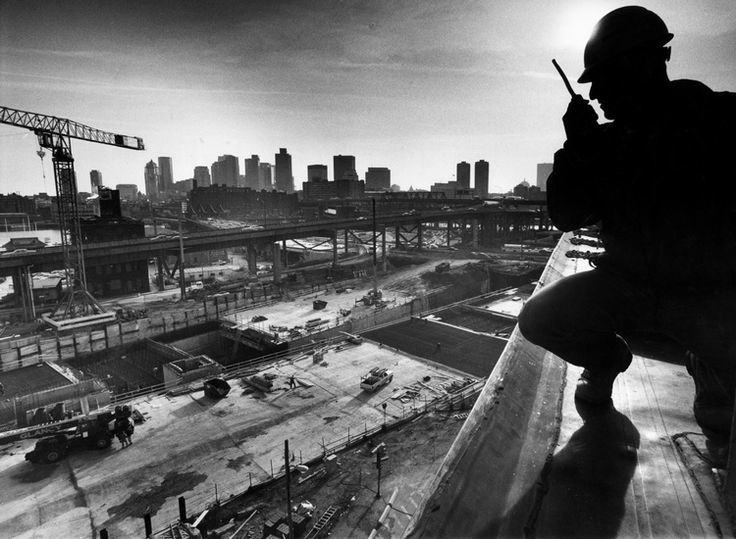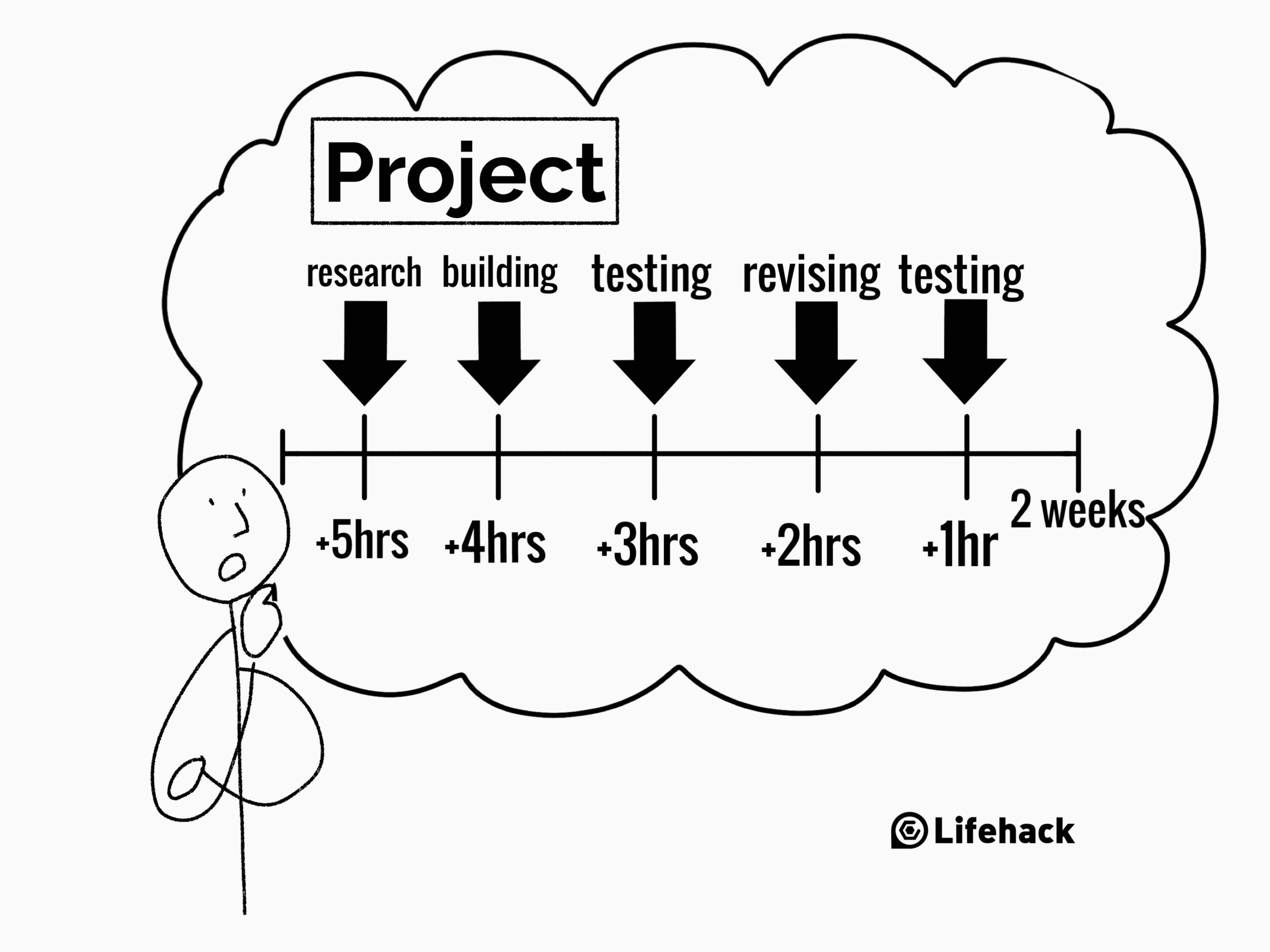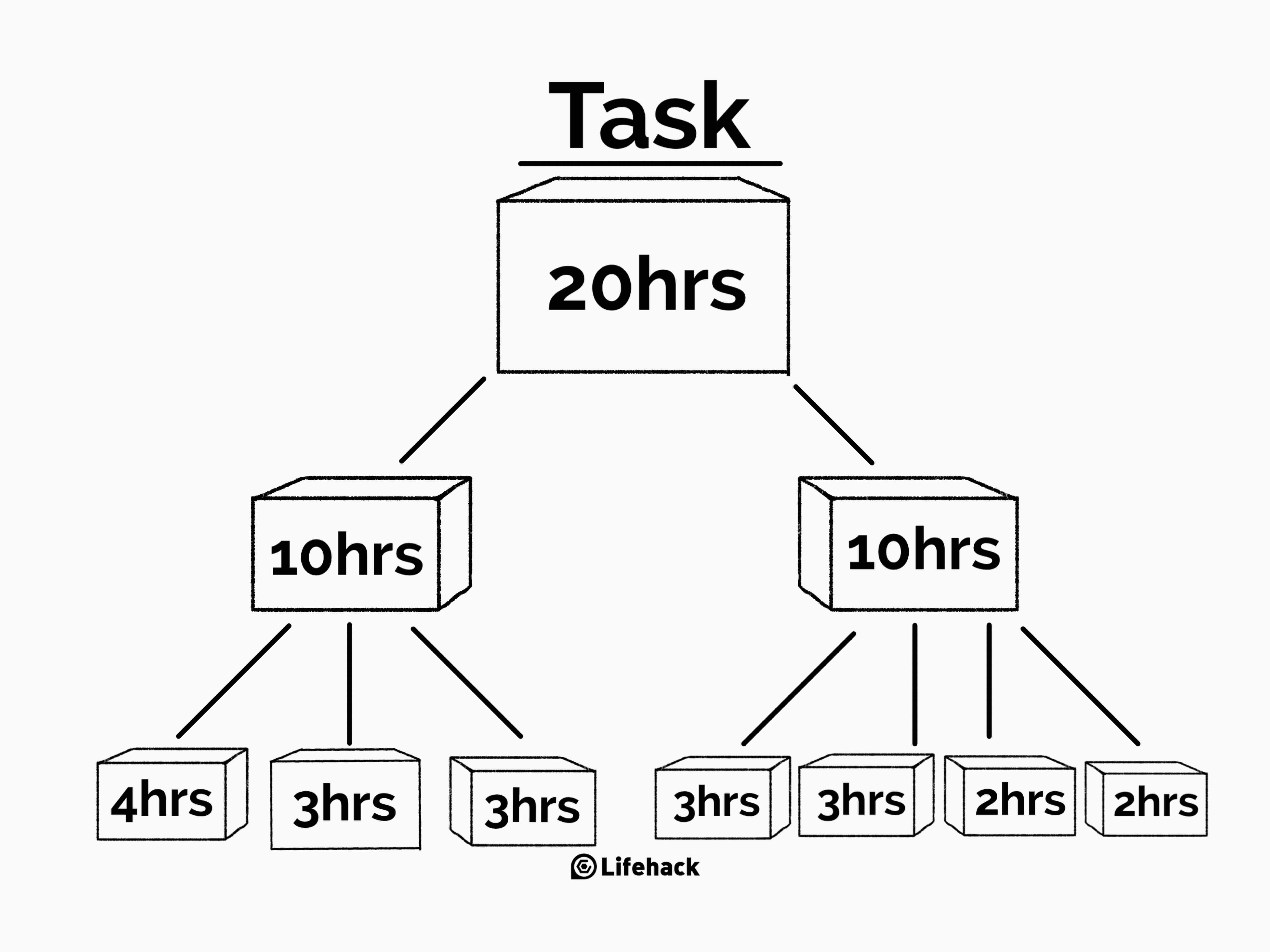The Boston “Big Dig” project — a central artery and tunnel through the city — is one of the biggest engineering fails of modern times.[1] While it did get completed, it took way longer than expected. It was eight years behind schedule when finished, and the cost got way out of control. It was supposed to be $2.6 billion and became $24 billion counting interest on the debt. Concrete was mixed wrong. A ceiling collapsed and killed a car passenger. The entire process was a mess.
But how did this happen? How did a series of capable adults and city officials so drastically miss on the time and budget for a large project? And what can we learn from it?
We are bad estimators
We often want to assume projects and new initiatives will go according to a best-case scenario, i.e. no delays, no interruptions, etc. That’s usually not the case. Other priorities arise. Distractions happen.
You should be positive about the projects you undertake, yes. But you also need to prepare for the worst — and since most of us aren’t great predictors of the future, we definitely need those plans. Think of a basic, daily example: the supermarket. Oftentimes you’ll tell yourself “20-30 minutes for essentials.” Then you end up there 1 hour. We’re not good at estimating time, in general.
When we were considering a new feature on Lifehack’s website, we initially thought we could finish it in two weeks. That didn’t seem like very long. But the concept of “two weeks” doesn’t help identify the time for each section of the project.
So we asked ourselves a critical question: Can I break this down into smaller chunks?
We decided to break down the work like this:
- 1.5 hours for research
- 3 hours for building the tools foundation
- 1 hour for testing
- 1 hour for amendments etc.
When we broke it down, it seemed like 2.5 weeks was a more reasonable time estimate.
If you break a big project into smaller items, it’s easier to estimate. What if you thought of a 15-week project as 15 one-week projects? Wouldn’t that make the planning more successful?
Further breaking it down
Break big chunks into small, manageable tasks, then work through those one step at a time. Repeat the question: can I break this down still?
Whenever you break something down, think about going even further down — a 15-week project can get down to a 20-hour chunk, but that 20-hour chunk can become a series of 2-hour chunks too.
The goal here is to make things easier for yourself — and make the estimation of time more realistic.
Some projects, like The Big Dig, are huge in nature. That is true. But even The Big Dig could have been broken down into manageable chunks and probably come in closer to time and budget expectations.
In your personal life, you can definitely execute this strategy. Just make the big, overwhelming projects into small, manageable pieces. Work through those. Eventually the whole big project will be done!
Featured photo credit: pixabay via pixabay.com
Reference
| [1] | ^ | Boston Globe: 10 years later, did the Big Dig deliver? |















































